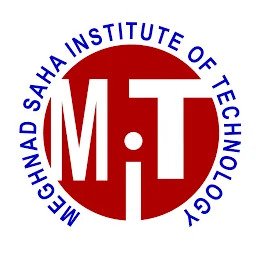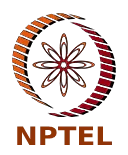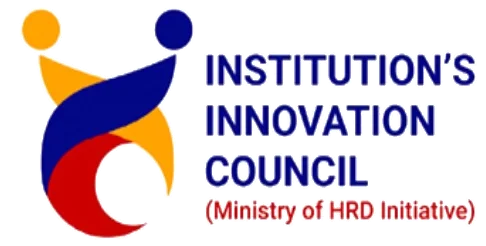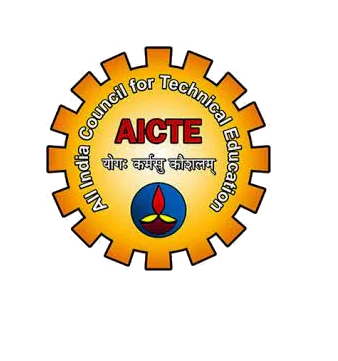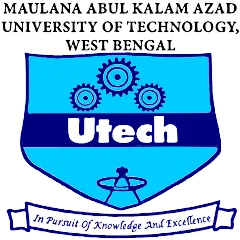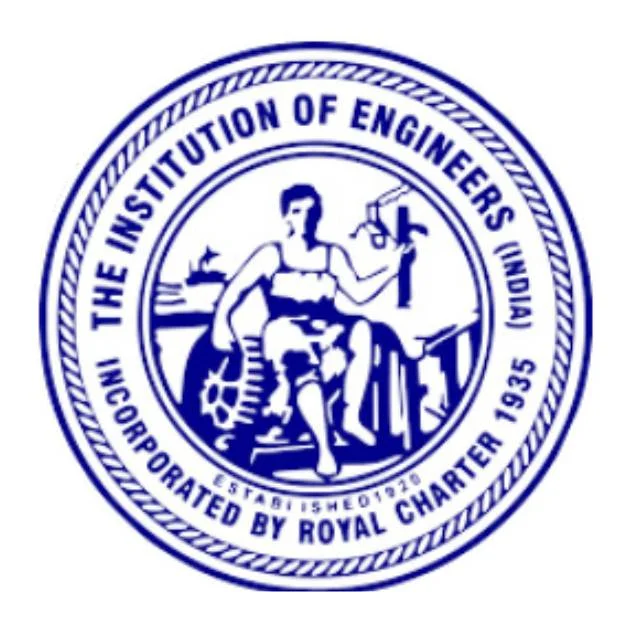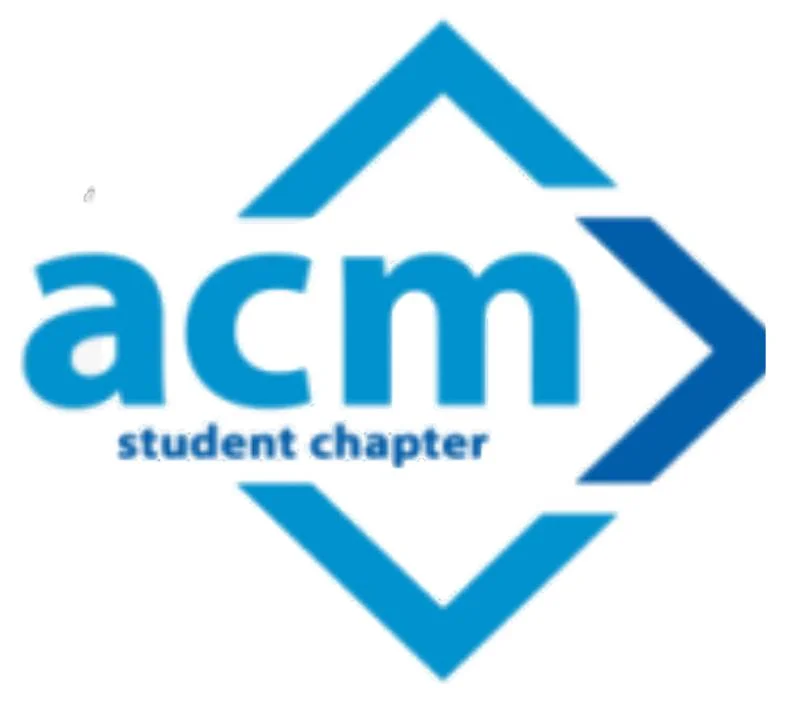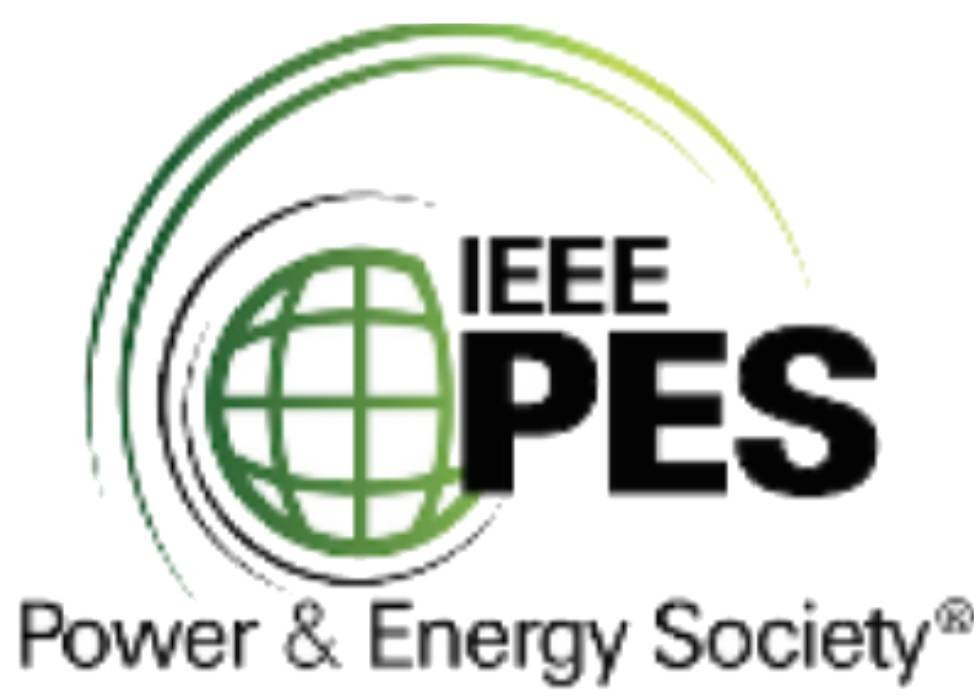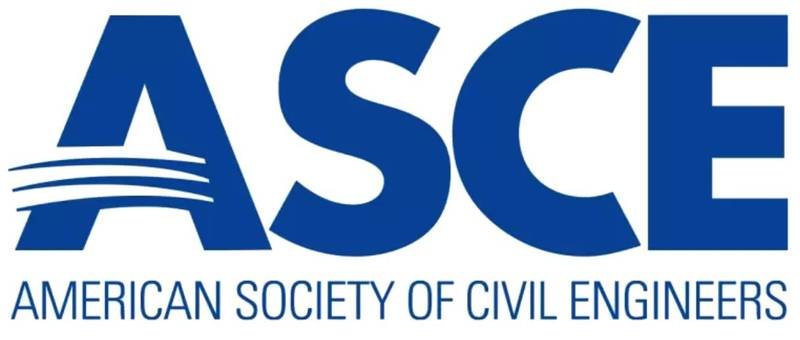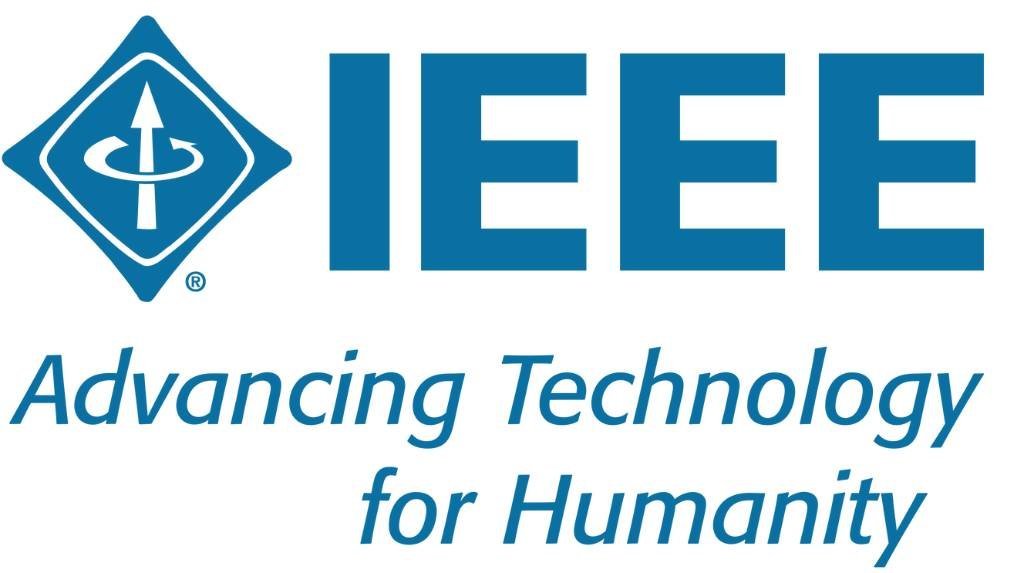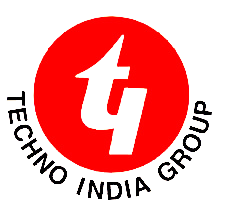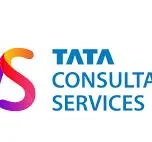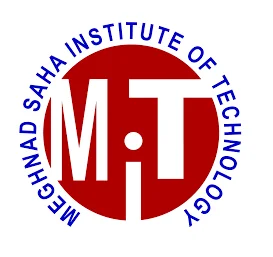Program Educational Objectives (PEO), Program Outcomes (PO), & Program Specific Outcomes (PSO) | MSIT
The Psychology Department at Meghnad Saha Institute of Technology (MSIT) is committed to developing competent professionals with a strong foundation in scientific principles, analytical skills, and research methodologies. Our educational objectives and outcomes ensure that graduates are well-equipped for academic, professional, and entrepreneurial success.
Program Educational Objectives (PEO)
PEO1: Prepare graduates for successful careers as software professionals, academicians, researchers, and entrepreneurs in the field of computational frameworks.
PEO2: Enable graduates to adapt to technological advancements, work individually or in teams, and demonstrate expertise in computational problem-solving, analytical thinking, model designing, and software implementation.
PEO3: Encourage life-long learning to keep pace with rapid technological advancements, fostering an intuitive computational learning paradigm.
Program Outcomes (PO)
Engineering graduates from MSIT will be able to:
Core Technical Skills
PO1 – Engineering Knowledge: Apply mathematics, science, and engineering fundamentals to solve complex problems.
PO2 – Problem Analysis: Identify, formulate, and analyze engineering challenges using scientific principles.
PO3 – Design & Development of Solutions: Design effective solutions for complex engineering problems while considering public health, safety, cultural, societal, and environmental factors.
PO4 – Investigating Complex Problems: Utilize research-based knowledge and experimental methods to analyze and interpret data for valid conclusions.
PO5 – Modern Tool Usage: Apply engineering tools, IT resources, and modeling techniques while understanding their limitations.
Professional & Ethical Responsibilities
PO6 – Engineer & Society: Assess the societal, health, legal, and cultural impact of engineering solutions.
PO7 – Environment & Sustainability: Understand the impact of engineering solutions on sustainability and environmental balance.
PO8 – Ethics: Uphold professional ethics and responsibilities in engineering practice.
Teamwork, Communication & Leadership
PO9 – Individual & Teamwork: Work effectively individually and in multidisciplinary teams as a member or leader.
PO10 – Communication Skills: Demonstrate effective communication, including writing reports, presenting ideas, and articulating instructions.
PO11 – Project Management & Finance: Apply engineering and management principles for effective project execution.
Life-long Learning & Technological Adaptation
PO12 – Life-long Learning: Recognize the need for and engage in continuous learning to adapt to technological advancements.
Program Specific Outcomes (PSO)
Graduates will be able to:
PSO1 – Core Competency in Computing & Mathematics: Apply basic sciences, Discrete Mathematics, probability, electrical and electronics principles, and programming skills to develop self-learning capabilities for modeling and designing computing systems.
PSO2 – Computational Problem-Solving & Research: Evaluate engineering problems and algorithms using advanced computer science techniques to identify optimal solutions for research and development.
PSO3 – Industry-Institute Collaboration & Social Impact: Strengthen industry partnerships and contribute to socio-economic development by enhancing expertise in emerging areas of Computer Science & Engineering to meet the growing demands of society.
